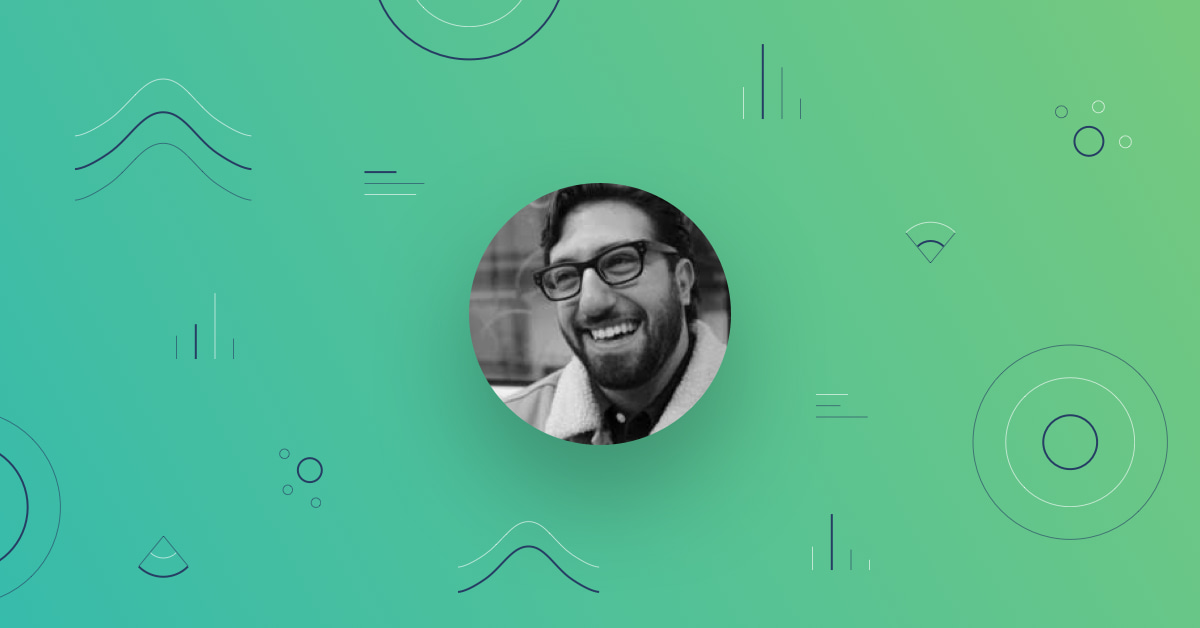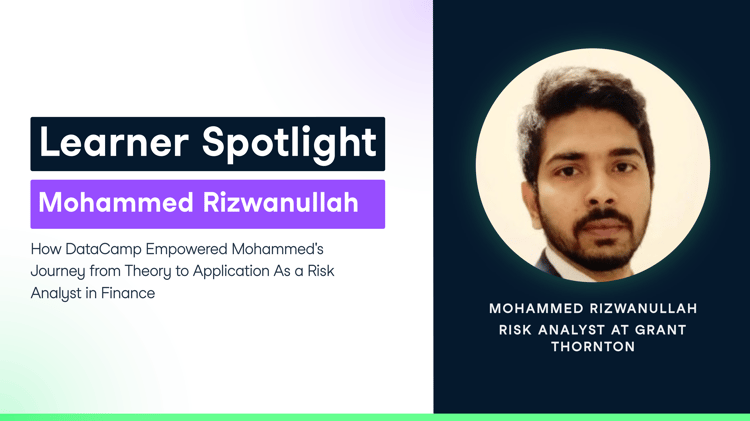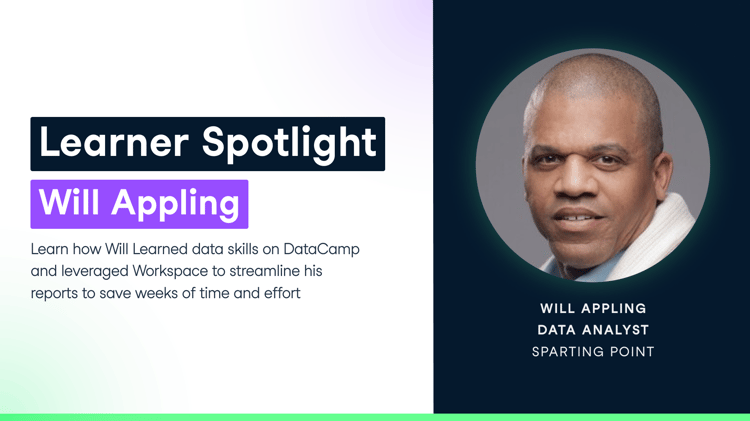

In 2016, Chris Cardillo was a Strategist supporting the media buying team at M&C Saatchi Performance (known at the time as M&C Saatchi Mobile), a digital advertising agency with over 100 employees. His team faced a problem familiar to many: how to efficiently aggregate data for client reporting.
The main culprit was multiple sources of information. The teams he supported had to pull and compile information from disparate platforms, including social media (Facebook, AdWords, Twitter), ad servers (DoubleClick), mobile measurement partners (Kochava, AppsFlyer), and network vendors. A lot of time was sunk into logging into each platform, downloading reports, copying and pasting data, enriching the raw data with client-critical information, and manually QA’ing reports. Depending on the size of the account, it could take anywhere from one to three work days to produce a single client-ready report. The process was tedious, time-consuming, and prone to human error. Something had to be done.
Connecting the Dots with DataCamp
At the time, Chris said that “nobody really thought about using any kind of coding language as a solution to their problems.” Chris came across DataCamp purely by chance: he was interviewing analysts and one promising candidate listed some DataCamp courses on his resume. Chris decided to give DataCamp a try and started learning with the Data Scientist with R track.
When Chris felt comfortable enough in R, he was able to build proofs of concepts. By the time he had taken about 8-10 courses (30-40 hours), he was able to build small tools, like one that monitored Facebook ad campaigns to surface problems more quickly. When he got more comfortable in R, he created a bespoke reporting solution for one client that was dependable and could be used on a weekly basis. Then, as he got comfortable with other tools in R like Shiny, he was able to scale that solution by deploying a Shiny app to apply to multiple clients. The app contained simple instructions for his team to aggregate their reports more efficiently. To get to this point, Chris had spent about 80 hours learning on DataCamp.
Overall, it was a hybrid approach that suited M&C’s specific needs. M&C used R to streamline their reporting process, but Excel was still needed given that their infrastructure wasn’t set up for a full data pipeline. “The goal wasn’t to eliminate Excel, but to minimize it.”
Chris also worked on ad hoc solutions for other clients. One client’s media cost calculations could easily be an 800,000-row spreadsheet because a vendor could have 500 different sites that they work with, and sites got paid differently based on the number of installs they drove. So 10 vendors x 500 sites x 5 creatives x 3 CTAs x 7 days = 525,000 rows per week. Chris leveraged skills learned on DataCamp to implement a process to remove the site dimension and summarize the remaining information after costs were calculated. When the site-level information was removed and summarized down, the report went from 525,000 rows to 1,000. That’s a 99% reduction in file size sent to the client.
The DataCamp Impact
Chris used R, especially Tidyverse tools, to manipulate and import data of different types. The impact was enormous: a report that once took three days could now be completed in eight hours. A smaller client report could be completed in just one hour.
Once Chris demonstrated an undeniable increase in efficiency with his new skills, he was able to convince M&C Saatchi to purchase a DataCamp for Business subscription.
Chris got promoted to Associate Director of Strategy at M&C Saatchi in 2017, but he no longer works there. Now, he works at DataCamp as a data scientist supporting the enterprise business. If you’re a DataCamp champion like Chris was (and still is), learn more about getting your team on DataCamp at datacamp.com/business. Click here to schedule a demo of our platform.



